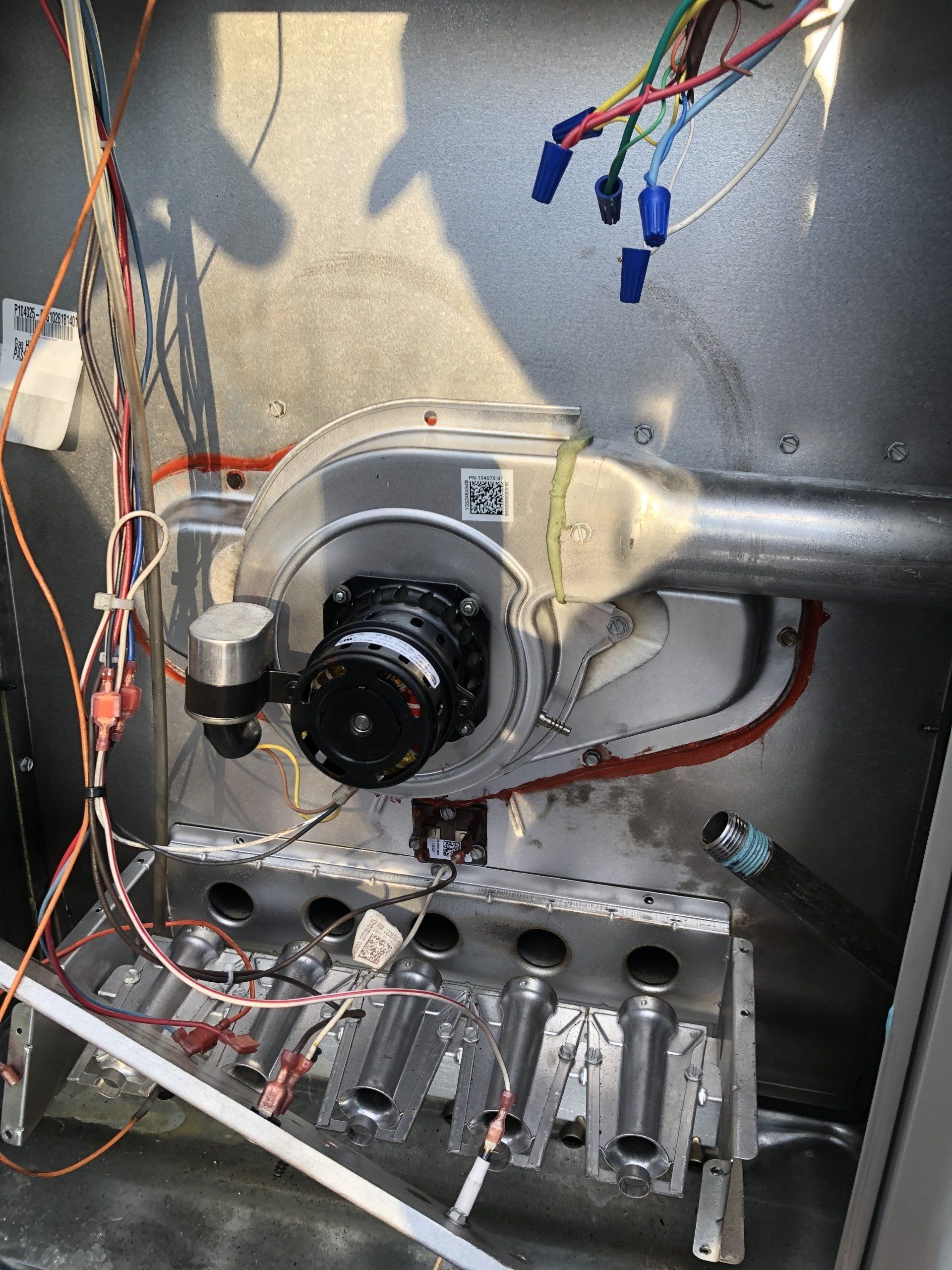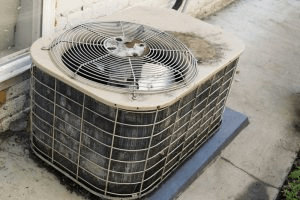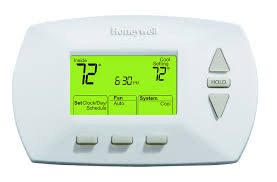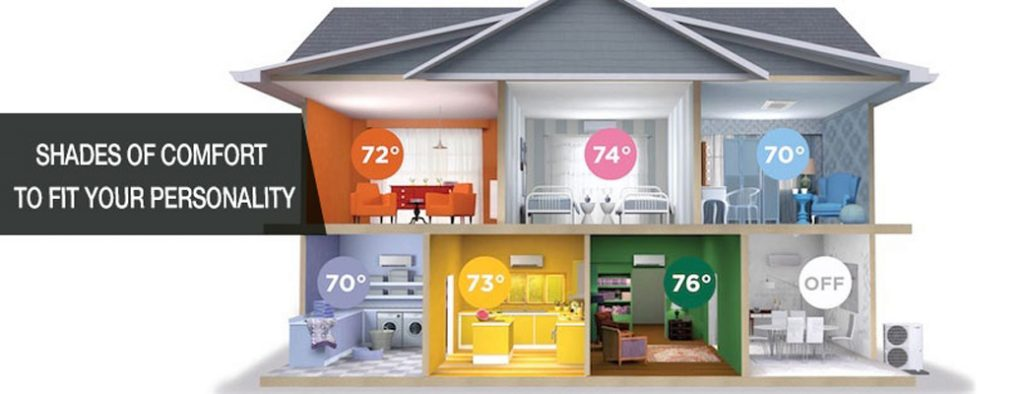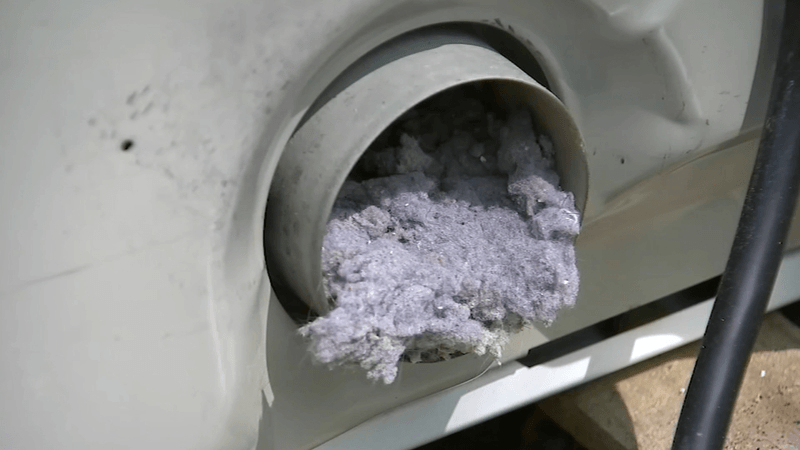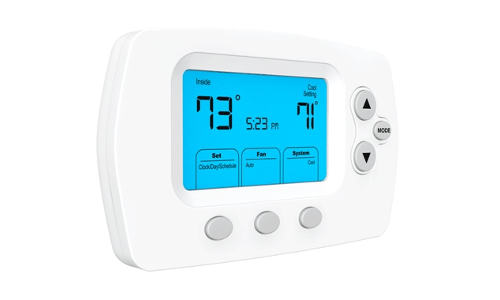Global Climate Change and How it Affects HVAC
As we progress in technologies the HVAC industry continuously is changing with new technology. This new technology provides a lot of benefits not only for the consumer, but global climate change as well. These technologies have helped increase the energy efficiency of the unit and overall systems. Below we will discuss why this is beneficial to global climate change.
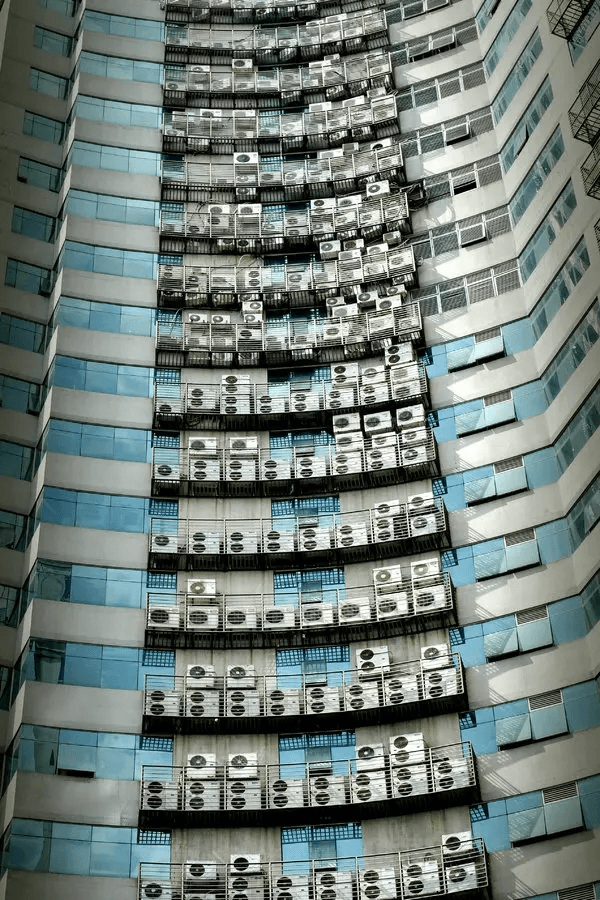
Measurement Tools of Energy Efficiency
Energy efficiency in HVAC, refers to how efficiently your HVAC system is consuming the energy and how much energy it takes to run the system. The more energy efficient your system is, the more money you will save as the consumer. Energy efficiency is measured by SEER (seasonal energy efficiency ratio). Your heat efficiency of your system is measured by HSPF (heating seasonal performance factor). Also with furnaces and heating systems the fuel consumption usage of the system is measured by the AFUE (annual fuel utilization efficiency).

How Energy Efficiency Affects Global Climate Change
The more efficient your system is the less fuel and energy your system will consume. High efficiency systems consume significantly less amount of energy than your standard system. Utilization of energy and fuel will mean much less energy and fuel pollution expelled from your HVAC system. 50 percent of all energy consumed in a household is directly correlated with the home’s HVAC system. That is why it is at the utmost importance that your HVAC system be as energy and fuel efficient as possible.

The Evolution of Refrigerant and HFCs
There are two main types of refrigerant in residential and commercial use right now; R-22A and 410A refrigerant. R-22a is currently being phased out by the more environmentally friendly refrigerant 410A due to the Montreal Protocol. The Montreal Protocol is an international treaty designed to protect the ozone layer by phasing out the production of numerous substances that are responsible for ozone depletion. The new refrigerant expels much less HFCs or Hydrofluorocarbons. HFCs are the ozone depleting exhausts that rapidly build up in the atmosphere. By switching to this lower HFC emitting refrigerant we can help slow the buildup of HFCs in the environment which will in turn help the ozone layer overall. R-22A is a huge contributor to ozone depletion. That is why it was essential to phase it out for 410A refrigerant.
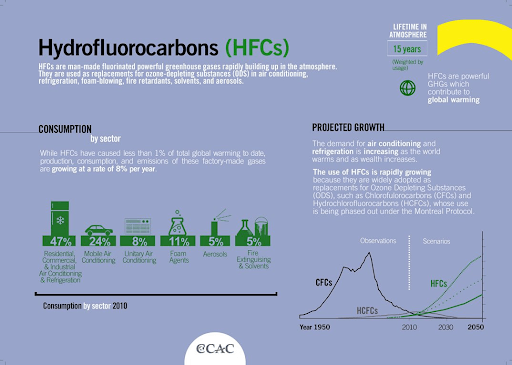
Here at A-Plus Comfort LLC we’d be happy to help with your refrigerant phase change. We have been gladly serving Huntsville, Alabama and the surrounding areas for over 5 years. We would like to assist you in all your HVAC needs, give us a call at (256) 585-2550. Thank you!

